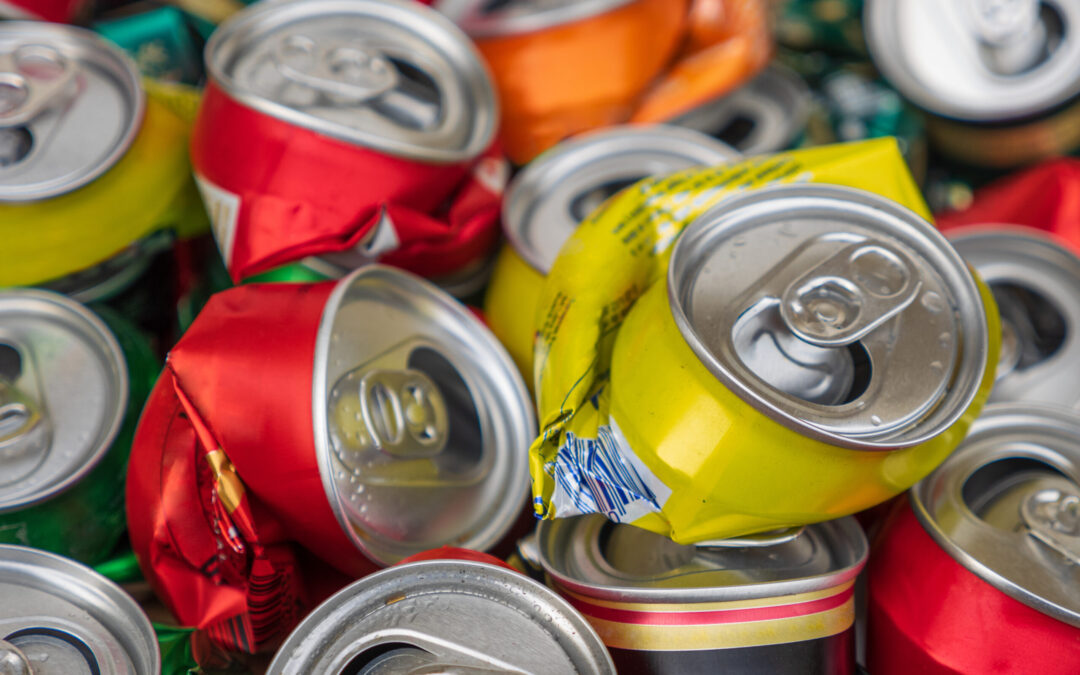by Dorothy Probst
READING THROUGH THE BIBLE, with a guided plan last year, I was struck by the book of Leviticus. Prior to this, I’d quickly skimmed the pages of this Old Testament book, bored with Israel’s detailed sacrifices to God, as I understood God to be “back then” before Christ’s sacrifice on the cross. Now in this season of my Christian life, Leviticus speaks earnestly and deeply to me about God’s acceptance and love for me, and God’s abundant provisions. I have sensed God’s desire for me to undertake a new emphasis in my spiritual life—one I did not expect.
I am being called to set aside my foods and my body, consecrating them as daily offerings. What do I mean? I mean that each small, hour-by-hour, minute-by-minute act of shopping, cooking, eating or moving is now an act of surrender to and trust in God, whose power is greater than my acquired appetites and habits. Previously, I willfully resisted forming good food habits and committing to regular physical exercise, making excuses that I had already made physical changes, or that I was free from other vices. Throughout my life, I’d forced myself to conform to the doctored images of models and monthly diets touted by trendy women’s magazines and television talk shows. Food and conforming to the ideals of others were ways I coped with stress, worries, workaholic habits and my difficult upbringing.
This past year, in spending time with the book of Leviticus, I learned that fat is a fragrant aroma to God, an offering God taught the Israelites to give, a ritual of the altar, an expression of gratitude and a requirement for their forgiveness. Now that I’ve been awakened to God’s view of fat and muscle, I see that my bodily temple is precious. And now I am responsible to give another spiritual offering too—the gift of gratitude.
Leviticus 3:14-17 reads: “As a Fire-Gift to God present the fat.… The priest will burn [it] on the Altar: … a pleasing fragrance. All the fat belongs to God. This is a fixed rule down through the generations, wherever you happen to live” (The Message). This passage and others taught me that fat is more God’s business than it is ours. Our healthy portions of fat and muscle form our bodies, which we are to offer graciously and consecrate as holy. Offerings given to God on the altar in the Tent of Meeting and in the temple were foods and drinks, and we are to consecrate foods and drinks, too.
The Holy Spirit’s gift of this new awareness helped me see how I have been enslaved to a distorted body image and prone to destructive actions to change it. Self-acceptance is now coming to me, offering my spirit a new freedom. Thanks to the Spirit, I’ve been encouraged to continue my “three steps forward, two steps back” journey from a 389- pound woman who used foods to soothe anxieties about her career, health problems and inner wounds to a now 200-pound woman on her way to physical wholeness and deep inner healing. The Holy Spirit and Christ’s love are transforming me inside and out.
Now I can be free of the visual-appearance stereotypes that are demanded of women to achieve success in our culture. My fat and my muscle belong to God. God receives my consecrated thanksgiving for healthy foods that are provided me. I offer sacred healing body movements (exercise) back to God. These spiritual rituals focus on thanksgiving and healing, hour by hour, minute by minute, as I am set free to journey on with abundance, a pleasing and “fragrant” woman in Christ.
Dorothy Probst uses her gifts as an architect, a kitchen and bath designer, and a 2003 Luther Seminary graduate as she serves her congregation, Roseville (Minn.) Lutheran Church, and her community.
This article appears in the January/February 2023 issue. To read more articles like it, subscribe to Gather.

Seen. Heard. Welcomed.
Do you ever go to church hoping you have enough snacks and “stuff” to keep your child quiet and...

Redeeming grace
Coupons, rainchecks and rebates were my dad’s way of saving money on groceries and other household...

Holding to God’s promise
When my husband, Joe, and I moved into our first house In May 2014, we spied squash vines growing...


